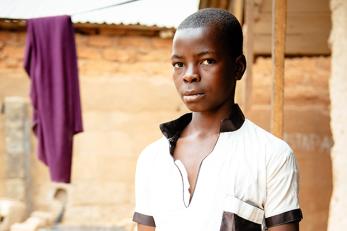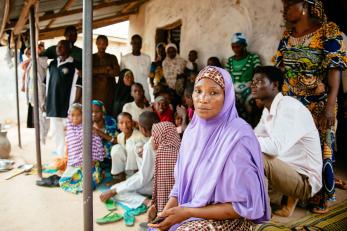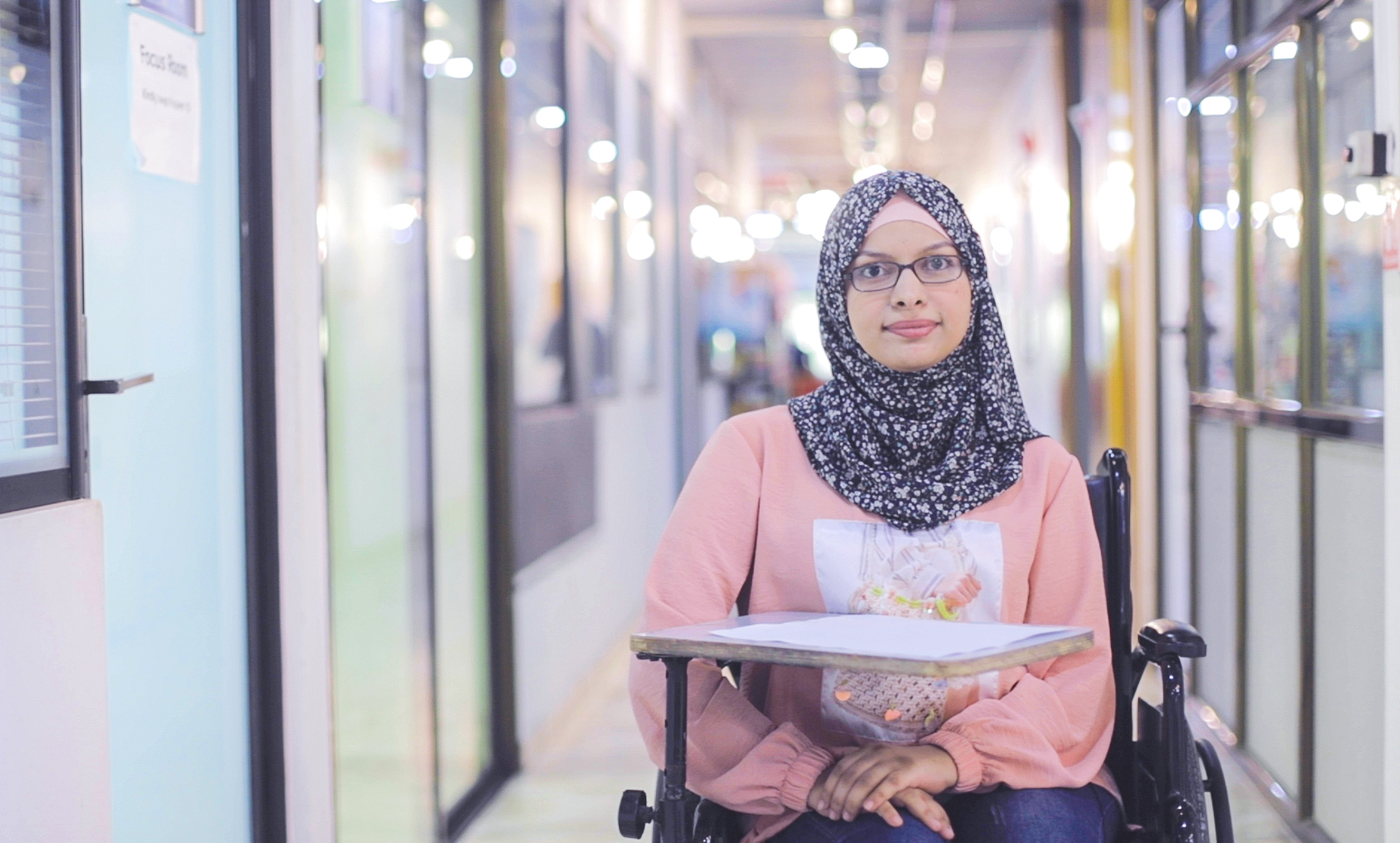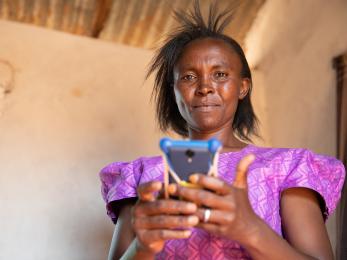Report investigates how Boko Haram recruits youth

"I really want to become somebody in the future so I will not have any challenge that will make me want to become part of Boko Haram at all in life.” - Adewale*, 20.
Boko Haram, one of the world’s most violent insurgent groups, is fueling crisis in northeastern Nigeria. The majority of its fighters? Youth.
What motivates young people like Adewale to join — or resist — the dangerous group?
In our new report,"Motivations and Empty Promises,” we reveal that community disappointment in government laid the groundwork for youth to join Boko Haram. Peer influence and the lure of business support are leading factors compelling Nigerian youth to participate in Boko Haram today.
Through our research we interviewed 145 people, including former Boko Haram youth members, family members of former members, youth who resisted joining and local leaders, to learn what makes certain young people enlist while others oppose.
Our goal was to understand former participant’s motives so we can reduce the likelihood of successful recruitment and promote long-term peace. What we learned was that those who resist joining have the social, familial and community support that counter Boko Haram’s offer.
A violent game-changer
Boko Haram emerged in the early 2000s as an anti-government Islamic sect, but began to gain notoriety in 2009 as its actions became more radical and deadly, including forced recruitment and the 2014 abduction of 276 girls from their school in Chibok, Nigeria.
Since then, the group has continued to helm a violent insurgency in northeastern Nigeria that has killed almost 17,000 people, displaced nearly 2.2 million and destroyed thousands of communities.
"Boko Haram came in the night, shooting everywhere,” says Adewale of the raid on his village 18 months ago. “We had to run. I didn’t even have time to put on shoes or put clothes on. I just had to run."
Adewale walked through the bush for a week, without food or water, to escape the violence. He and his family have since taken refuge with thousands of other displaced people in a community near Gombe, Nigeria.

More than 60 percent of Nigerians live on less than $1 a day, leaving them with few resources to cope with this ongoing conflict. And the widespread displacement is straining already-fragile public services.
To prevent further fear and suffering at the hands of Boko Haram, it’s critical to weaken the group by providing its potential recruits with support and an alternative path toward peace and prosperity.
Below, read some of our research findings on what makes young people vulnerable to, or likely to resist, joining the group, and see our recommendations for protecting young people who are at risk of recruitment.
Key findings: Youth who join
The reasons youth join Boko Haram vary. Some were lured by the promise of business support and better status. Others, like one young man, felt compelled to join after learning that Boko Haram soldiers were killing indiscriminately in a nearby community.
“Because I needed an identity to remain safe, I decided to pledge my allegiance to them. At that time I needed protection and immunity from persecution by them so I could continue with my business. When they attacked Bama and took over the military barracks and burned all the houses in our community, my family’s house was spared.” – a male youth*

Boko Haram also offers young women, many of whom have little to no schooling, a rare opportunity to learn — the female former members we spoke to reported the chance to study the Quran and acquire knowledge a positive aspect of their experience in the group.
Key findings: Youth who resist
For those who resist joining, we found some common threads: They all had strong family and community influences that countered Boko Haram’s recruitment efforts.
In those cases, family members and local leaders urged them not to join. One community leader said,
“[Boko Haram] people are only deceivers and will only make money from your effort as they will never be killed. But innocent people like you who join later [will be killed].*”
Or young people had social support and connections to withstand Boko Haram’s offer.
“My father always talked to us about the negative impact of the sect and essence of Western education. We used to discuss and debate with [family members] and they know I will not join them.” – a female youth*
Build on local success to protect youth
Based on our findings, we recommend strengthening influences that are already leading Nigeria’s youth down a peaceful, productive path. This includes:
- Amplifying local counter-narratives already working to prevent recruitment into Boko Haram.
- Facilitating connections to role models and support family dialogue on violent extremism.
- Helping youth achieve their ambitions, starting with increasing their access to financial and business services.
Read the complete summary and download the full report

